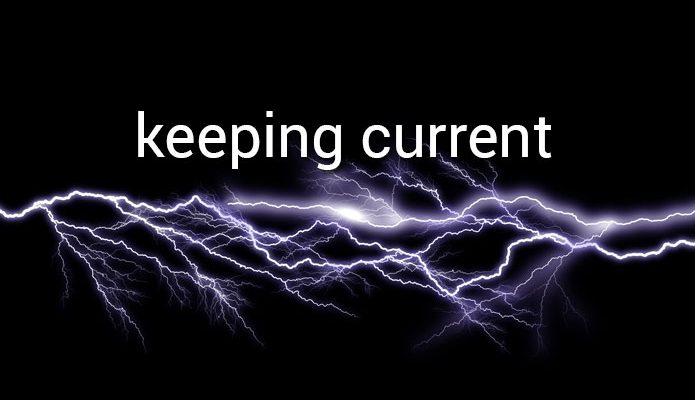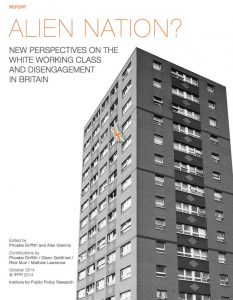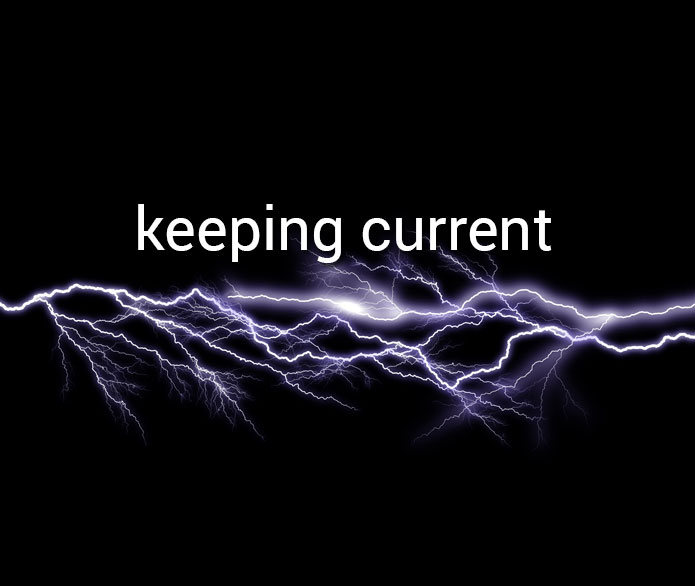
Alien Nation? New Perspectives on the White Working Class and Disengagement in Britain
This is an uncomfortable but necessary read.
It made me think long and hard about how public libraries engage and connect with working class communities. It also prompted me to consider what social class means in the 21st century and in Canadian society.

While class is more problematic to define in post industrial society, it remains the key determinant of life chances and library use, and non use. Social class exists at the intersection of employment, location, culture and ethnicity. The changing structure of the labour market means that employment and income alone are not reliable class indicators. For example, 28% of people in middle class occupations self identify as being working class; and 33 per cent of those in working class jobs consider themselves middle class.
Many working class communities are characterized by deep rooted feelings of dislocation, insecurity and alienation. The solution to this challenge will require deep, programmatic reform that can embed institutions that support the dispersal of economic power and nurture new democratic collectives through which working class communities can regain a sense of agency and pride.
The public library can become a part of this solution by positioning itself as an institution capable of fostering strong collective and individual agency. The library can exercise this role in a number of different ways. For example, the library can become the vehicle for expressing the economic and social power of working class people. The library can also deepen social solidarity by enabling the development of skills and confidence which can gain entry to the labour market. In addition, the library can give people a stake in society and their community by supporting more democratic and rooted forms of economic and social life.
The way in which institutions like public libraries are organized (through their Strategies, Structures, Systems and Culture) is a vital factor in how power, agency, esteem and reward are distributed within society. Alienation is a consequence of the hierarchical nature of these institutions, with too many groups, particularly working class communities, feeling excluded.
The traditional library is part of this status quo. Those who want to bring about a radical dispersal of economic and democratic power should focus on developing Needs Based libraries which can better enable all individuals to lead fuller, richer lives.
John Pateman is the CEO / Chief Librarian of the Thunder Bay Public Library. He writes the Open for All? column which explores the nature of libraries and their commitment to openness.
